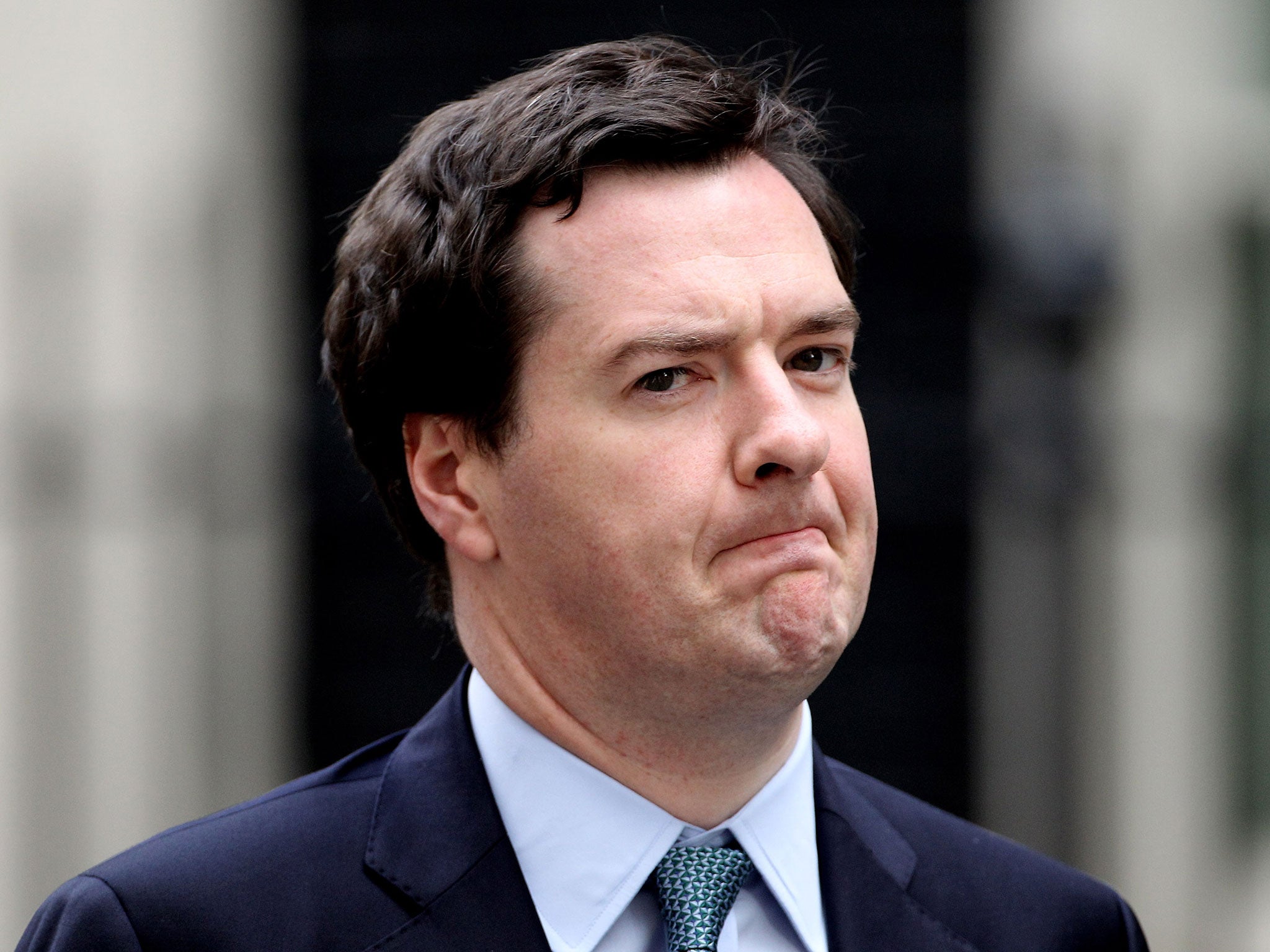Excessive early exit charges on pensions to be capped, says Chancellor
George Osborne said he will force the Financial Conduct Authority to cap rip-off charges

The Financial Conduct Authority must ensure firms don’t rip off consumers with extortionate exit charges on those taking advantage of pension freedoms, the Chancellor said today.
“The Government isn’t prepared to see people either ripped off or blocked from accessing their own money by excessive charges,” George Osborne said, after setting out proposals to force the City Watchdog to ensure that early exit charges were capped.
“We’ve listened to the concerns and the newspaper campaigns that have been run and today we’re announcing that we will change the law to place a duty on the Financial Conduct Authority to cap excessive early exit charges for pension savers," he said at Treasury Oral questions in the House of Commons today. "We’re determined that people who’ve done the right thing and saved responsibly are able to access their pensions fairly.”
The new duty, introduced through legislation, will form part of the response to the government’s Pension Transfers and Exit Charges consultation.
The move received a widespread welcome across the financial services industry. Nutmeg chief executive Nick Hungerford said, “Early exit charges are often unnecessary, and a sly way to make money from customers that have decided to take action with their pension.”
He said the charges are levied in the interests of the pension provider and against the interests of the consumer and deter customers from switching to services that are better suited to them, or accessing their long term and hard-earned savings.
"As such they prevent effective competition in an industry that desperately needs to restore trust and they exasperate customers' frustration that even doing the right thing results in unfair treatment by financial service providers,” Mr Hungerford said.
Tom McPhail, head of retirement policy at Hargreavs Lansdown said: “We welcome this announcement; hundreds of thousands of pension investors currently face charges and restrictions if they want access to the pension freedoms or to transfer their money to a new pension arrangement. In some cases these penalties can run to hundreds or even thousands of pounds. This kind of financial bondage has no place in the 21st century.”
However Andy Bell, chief executive at pension specialists AJ Bell was disappointed that the Chancellor failed to introduce a ban, rather than a cap, on charges. “I’d prefer to see a complete ban but a cap to prevent excessive charges is a big improvement on where we are today.”
He reported that 45 per cent of financial advisers that his firm had spoken to had clients that have been prevented from accessing the new pension freedoms due to early encashment penalties.
“The whole point of pension freedoms was to give people flexibility and choice. If you can’t offer your customers that, why should you be allowed to charge them an early encashment penalty if they want to transfer somewhere else?” he said.
Business news: In pictures
Show all 13FCA investigations revealed that 670,000 consumer aged 55 or over faced an early exit charge. Of these, 358,000 faced charges between 0-2 per cent; 165,000 faced charges between 2-5 per cent; 81,000 faced charges between 5-10 per cent; and 66,000 faced charges above 10 per cent.
Meanwhile the government will shortly publish its formal response to the Pension Transfers and Exit Charges consultation, which also looks at ways of making the process for transferring pensions from one scheme to another quicker and smoother.
Subscribe to Independent Premium to bookmark this article
Want to bookmark your favourite articles and stories to read or reference later? Start your Independent Premium subscription today.

Join our commenting forum
Join thought-provoking conversations, follow other Independent readers and see their replies